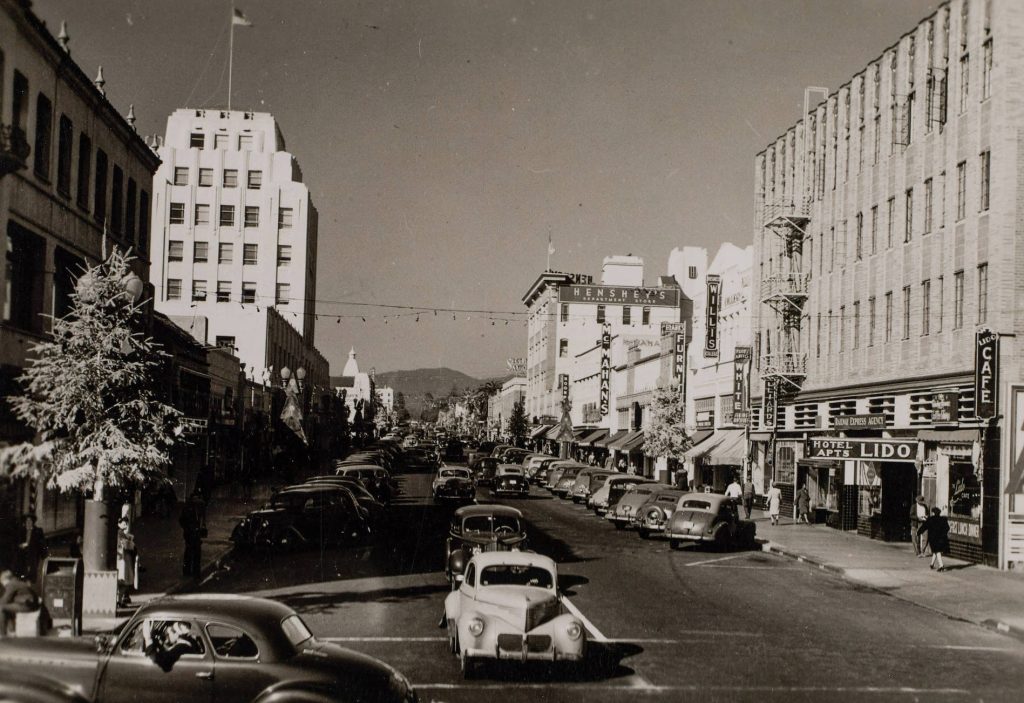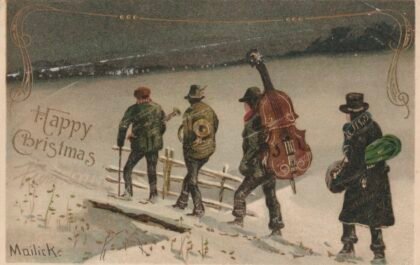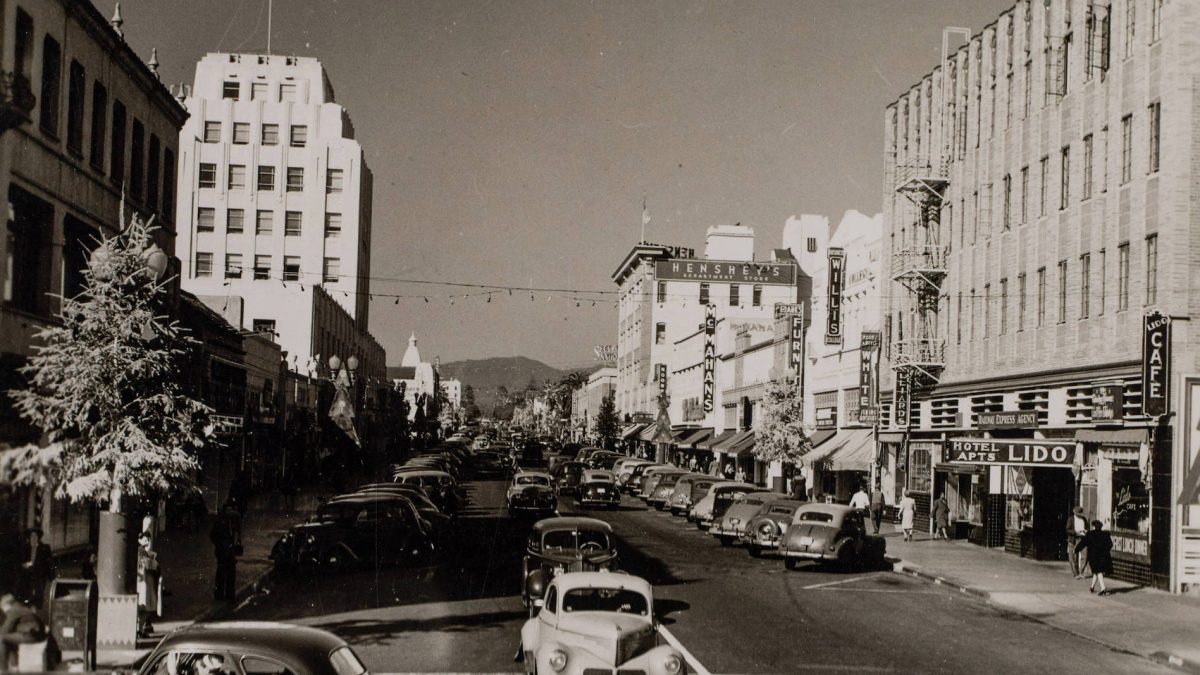
Just when the summer weather was ideal, the water at its warmest, the waves perfect walls of smooth green glass rolling gently to the shore, it was time to go back to school. Jessie and I would be starting junior high school, Jacob would be going to the high school. The week before school started was full of all the ordinary tedious things one has to do to get ready, like shopping and haircuts and things. For Jessie, the haircut part turned out to be extra dramatic. Mrs Lawrence took her to town to have her hair cut. Jessie hated the result so much that she cut all the rest of it off when she got home in disgust and then panicked.
“What did you do, use the garden shears?” Aunt Maddie asked her. She was attempting to repair the damage or at least even it out. Jessie was seated on a kitchen chair with a towel around her neck, while Aunt Maddie worked on her with a comb and a pair of scissors. She scowled.
“It was one of the kitchen knives,” she confessed. “The heroines in stories always cut their hair off with swords or daggers before going off to war and things,” she said. “It works for them.”
“That’s because the author of the story needs it to work,” Aunt Maddie said. “In film, that’s called plot convenience. In life it tends to result in things like terrible haircuts.”
“I couldn’t help it,” Jessie protested. “She took me to her own hairdresser, it was meant to be a treat, but I felt like Aubergine when they were done with me—you know, our poodle. I looked like him, too. I know I did, all stupid curls and puffs. I couldn’t bear to look in the mirror, and all the while they talked like I wasn’t there. As soon as I got home I cut it all off, but that just made it worse, and then I didn’t know what to do, so I came here.”
“Don’t feel bad. I bobbed my own hair once, too,” Aunt Maddie told her. “Although I didn’t do it with a kitchen knife. Be brave. Take a look. It could be worse, at least you don’t look like a poodle.”
Aunt Maddie held out a hand mirror.
“It looks a lot better,” Jessie said, relieved.
“And just think how much more convenient short hair will be for adventures on the Amazon or as a roving reporter,” Aunt Maddie said, comfortingly.
“Maddie, you’ve known Dad forever,” Jessie said. “And Trois, too.” Jessie’s nickname for her stepmother was a short form of her name, “Antoinette,” and a pun, because Antoinette was her father’s third wife, and “trois” meant “three” in French. “Could you…would you talk to them?”
Jessie’s real mother had died when she was little. She hadn’t liked her father’s second wife, but Trois was nice. Mostly they were good friends, but lately things had been a bit rough. Mrs Lawrence was an artist. She was petite and blonde and pretty and kind in a vague sort of way, like she lived in her own world and was only passing through the real one. She drifted around the house swathed in pretty summery clothes, trailing ruffles.
Jessie lived in her own world, too, but her world was full of pirates and explorers and elephants and mountains. She could surf, tie knots, climb trees, and whistle louder than anyone I ever knew. She lived all summer in her swimming suit, or in short pants or dungarees, and scorned things like dresses and hair brushes. I think Mrs Lawrence was unsure what to do with her increasingly tall and gangly step daughter except she had a vague notion that Jessie should make an effort to be more ladylike and that the start of the new school year ought to be the place to begin.
My aunt accompanied Jessie back to her house to help her face the consequences of her impromptu haircut. Lucky for Jessie, her father and her stepmother found the story humorous instead of scandalous. As a result of that conversation, Aunt Maddie offered to take Jessie to buy her school clothes, and Jessie agreed to accept her judgment, provided it didn’t include anything lacy, frilly, or flowery.
The junior high school had a dress code. Girls had to wear dresses or skirts. No pants or overalls were allowed. Jessie was mutinous, but she didn’t have a choice, and she’d grown so much over the summer that none of last year’s school clothes fit any more.
“You’re in luck, my girl,” Aunt Maddie told her. “Frills and lace are out of style because of the war effort—they use too much fabric. Unfortunately, so are pockets. We’ll find something you can live with, and at least you can wear whatever you like at home. It could be worse. In Paris they passed a law in 1800 that prohibited women from wearing pants in public without a special permit. The writer George Sand—she was a she, not a he—wore pants in protest, but don’t you try. She got away with it. You’ll just get detention.”
Boys at the junior high and high school had to wear long pants, and have proper jackets and ties for assemblies and things like that, but at least we didn’t need to wear them every day. I was glad of that. I’d gotten used to Malibu clothes—overalls and flannel shirts and canvas shoes. I’d grown, too. Not as much as Jessie, but more than I realized. When I tried on the jacket of the old blue suit that I’d worn on the train on the way to California back in January I was surprised to find it was too tight and the sleeves were too short. I felt a pang. Aunt Charlotte would have grumbled about how much clothes cost and how fast children outgrow them, but Aunt Maddie just laughed.
“You’ll be taller than me any day now, James,” she said. “But you might have to wait a year or two to catch up with Jessie—girls grow faster than boys at your age.”
Even Jacob had grown a good half inch just in the time he’d been at the ranch and he didn’t look so much like a walking skeleton anymore. He was making up for all that time he spent foraging for seaweed, and Mrs Calzada was keeping an eagle eye on him, making sure he ate and got enough rest, only she was a lot more kind than any eagle I ever saw.
Instead of going to the local general store this time, we drove into Santa Monica and went to the big department store. It was called Henshey’s and it was massive—four stories high, with a doorman and an elevator and an army of sales clerks who sold everything you could ever think of. It reminded me of the Emerald City from the movie the Wizard of Oz, but maybe that was because there was a beauty parlor with rows of chairs and funny hair dryers that looked like space helmets. I half expected to see the Cowardly Lion and the Scarecrow getting fixed up there.
There was lots of talk of rationing and some things were getting hard to find, but that was more for girls than boys. There was a law that determined exactly how much fabric could be used in skirts and dresses and that limited the number of pockets. All the nylon and silk for ladies stockings was being used for parachutes, Aunt Maddie said.
Jacob and I were handed over to an efficient old man who measured both of us with a yellow tape measure and brought out neat stacks of clothes for us to try on. Looking at myself in my new suit and tie in the mirror in the dressing room I felt like I was wearing a costume that didn’t quite fit right, but Jacob looked grown up in his.
It didn’t take long to find the right things for Jacob and me. I don’t think Jacob had ever had new clothes before. He seemed to be sort of in a state of shock .He was even quieter than usual. We got to go down into the basement of the department store and look at the toys—they had an amazing model train there that ran all around—while Jessie and Aunt Maddie went up in the elevator to shop for girl things upstairs. Jessie was still grumbling about dictators and antiquated rules when she returned, laden with parcels but unburdened by either frills or flowers.
Shopping complete, Aunt Maddie took all of us to lunch at one of the big hotels on the beach. It was the fanciest place I’d ever seen. It had palm trees—big ones—growing in pots in the lobby, and a terrace that faced the ocean.
Aunt Maddie treated us just like grown ups. She asked us what we would like to order, and told us funny stories while we waited for our food.
“Tell us about how you cut your own hair,” Jessie asked, during a lull in the conversation.
“It was a long time ago,” Aunt Maddie said. “My literary heroine was Jo March, from Little Women, and she cut her own hair, so I could do it too, I figured. The situation was just about as urgent. Jo March cut her hair so she could sell it. I needed money, too, but I cut mine in an effort to look older for a job I desperately needed. I was 19 when my father died. He left me in charge of our family. My mother wasn’t well and couldn’t work. My brother Jimmy was 15, and my little sister Anna—James’ mother—was just 11. I’d been writing title cards for the silent movies for a while and that brought some money in, and Jimmy did odd jobs, but Mama’s medical bills took most of the little bit of money we had saved up, and I was terrified that we wouldn’t have enough to get by on and that our family would be split up.
“I had an opportunity to apply for a writing job, writing scripts for short comedy films. I knew I could do the work if I could just make a good impression at the interview and get the job, but I was awfully young and I looked it. Mama had an old dress that I could wear. I was too tall and too thin for it, but it didn’t matter if it was short, because hems were getting shorter, and so were hair styles.
“Short hair for women was shockingly modern in those days, but it was already the fashion in Hollywood. I cut my hair with a pair of sewing scissors, aiming for what was called a Castle Bob—straight across at the neck with a straight fringe in front. My hair was really long, longer than yours was, Jessie, and it was thick. When I cut it, it started to curl like crazy, until I really did look like a poodle.
“I was appalled,” Aunt Maddie said. “Jimmy finally took the scissors from me and tamed my hair by a bit more judicious pruning. It was awfully short when he was done, but it did look modern. On the day of the interview, he and Anna pinned me into my dress so it would fit right and not gape. I borrowed a coat and a hat from the girl who lived next door, and a pair of gloves from Anna. The gloves were too small, but they were the only ones that didn’t have holes in them. The coat was new and looked smart and it covered the pins that held the dress together, but it was too small, too, and I couldn’t move my arms. It was hot that day, and I didn’t dare take that coat off because the pins would show. One of them stuck me every time I moved so I had to sit up very straight. That probably did more than anything else to convey the impression of dignity and sophistication, now that I think of it.”
“Did you get the job?” Jessie interrupted, anxious.
“I did!” Aunt Maddie said. “The first thing I did after the interview was rush to the ladies room and pull out all of those pins. I rode the Red Car home with the dress flapping around me like an elephant’s skin, the hat and coat on my lap, and the wind in my hair, or in what was left of my hair.”
“What happened afterward?” I asked.
“In those early days in Hollywood, films were short and there were a lot of them under production at the same time,” Aunt Maddie said. “That first writing gig didn’t pay a lot but it was more than I made writing title cards and I really was good at it. I worked my way up from those short comedies to crime dramas and thrillers, and pretty soon I was making enough money to keep us afloat. My hair grew out, and a couple of years later I was able to return the favor to my former neighbor, the one who lent me the coat. She was an aspiring actress and I was able to help her get her an audition for a film role. We still write to each other. She lives back east now. It was a long time ago, but I’ll always be grateful to her.”
The story ended with the arrival of the desserts, which were brought round on a little cart, and the conversation turned to the merits of eclairs versus marble cake.
Jacob remained unusually quiet even for him on the way home, but his silence passed unnoticed until Jessie was dropped off at her house and we drove the last quarter mile up the canyon road to the ranch.
“Miss Ellis, I didn’t believe you when you said you knew what it was to be on your own and not have anything,” Jacob said in a rush. “You really do know. I still don’t understand why you are doing all of this for me—I’m not family or even a friend like that girl who lent you her coat, but thank you.” His face was bright red when he finished.
“You don’t have to be related to someone to offer them a hand up when they need it, Jacob,” Aunt Maddie said. “Family isn’t just the people you are related to. It’s a circle that can expand to include all the people you care about and no matter how far we go in life, it’s important to remember that we are all connected. A wise man once wrote, ‘Any man’s death diminishes me because I am involved in mankind.”
“Is that from the Bible?” Jacob asked.
“It was written by an Elizabethan poet named John Donne,” Aunt Maddie said. “But the Bible has plenty to say on the matter too, such as: ‘Be not forgetful to entertain strangers: for thereby some have entertained angels unawares.’”
“I’m not an angel,”Jacob said, embarrassed.
“Aren’t you?” Aunt Maddie replied.
I thought about that on the way up to the house. Aunt Maddie didn’t care if the people she helped were angels or not, she helped them because they needed help and because she cared about people. She opened her home to her family, friends, and neighbors, but also to strangers. When she caught Jacob digging up that grave she could have just handed over to the sheriff, instead of rushing him to the hospital and giving him a home when he was released. She could have so easily told my father “no” when he wrote to ask if I could stay with her. Aunt Charlotte had no qualms about saying no, but Aunt Maddie wasn’t like that. If anyone was an angel, she was—an angel with round glasses who drove a bright red convertible. The thought made me laugh. I suddenly felt enormously fond of her, but I couldn’t think of anything to say, except “thank you.”
“Thank you for everything,” I added, meaning not just the clothes she had bought for me that day, but the ranch, and my piano, and my whole new life and everything in it.
She smiled at me. “You’re welcome,” she said. “Thank you, James.”
Photo: Fourth Street Scene, Santa Monica, Adelbert Bartlett, c. 1940, courtesy of the Ernest Marquez Collection. Huntington Library, San Marino





